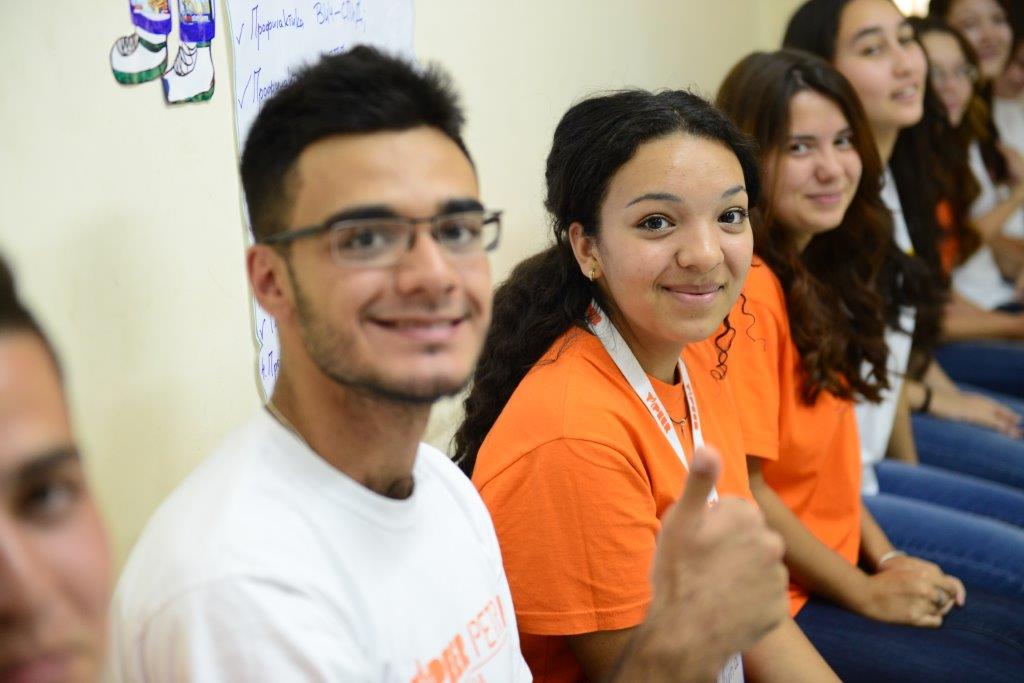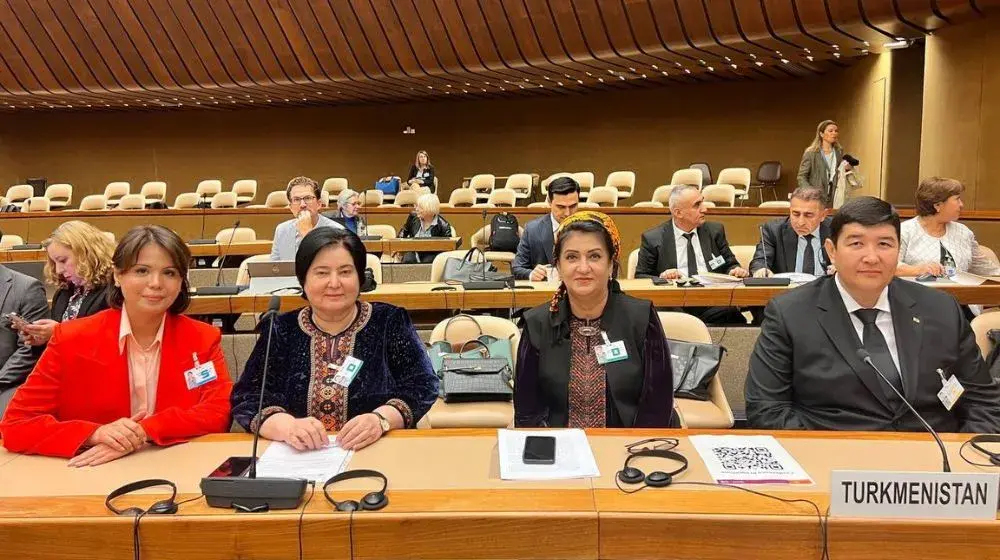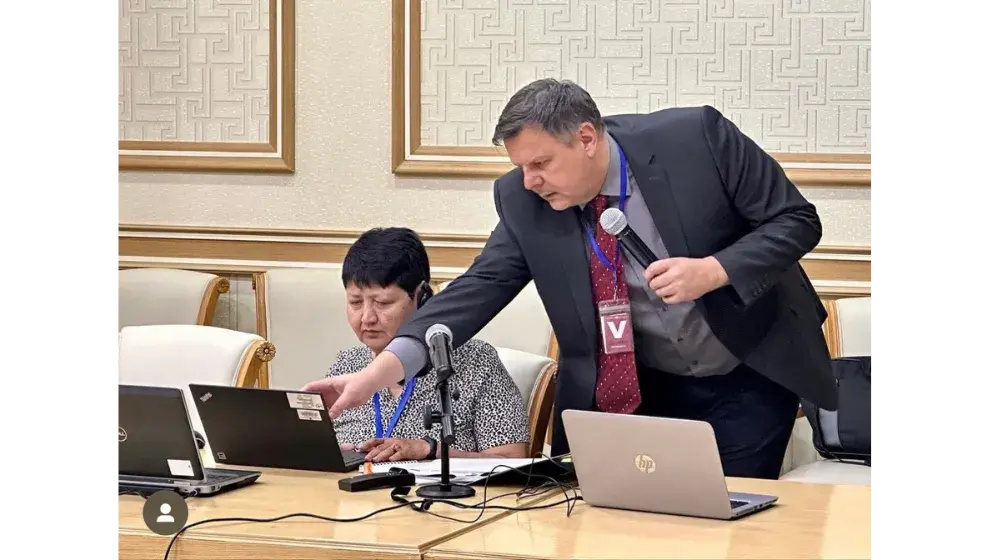UNFPA, United Nations Population Fund supported the Government of Turkmenistan in conducting the internationally recognized Health Behavior in School-aged Children (HBSC) Survey among the secondary school students.
The results of the survey were presented by the Ministry of Health and Medical Industry last week and identify the next steps and recommendations in addressing the issue of adolescent reproductive health and rights in Turkmenistan.
“Turkmenistan is the first country in the Central Asian region to conduct the survey with the World Health Organization (WHO)-approved methodology,” said Bayramgul Garabayeva, UNFPA Assistant Representative in Turkmenistan. “The HBSC survey is an international study and today it is conducted in more than 43 countries. Successfully carried out in different part of Turkmenistan, the survey data can be used for national strategies and development programmes, as well as cross-country comparative analysis and research.”
The results of the survey show that nearly 82 percent of Turkmen youth are positively satisfied with their life. Nearly 70.5 percent indicated that they like school, compared to staggering 23 percent average in all countries where the survey has been conducted. Eighty percent consider their classmates as friendly and only 12 percent state that their health is satisfactory or bad, compared to average of nearly 19 percent of youth in all HBSC-conducted countries.
While the results of the survey are comparatively optimistic for Turkmen youth on the issues of school, bad habits and violence, young people feel they want and need more information on healthy behavior and youth-friendly services on adolescent reproductive health.
The WHO identifies adolescents as the period in human growth and development from ages 10 to 19. It is an important period in life of a young person when a behavior characteristic for adults is formed; a period of transition from full social and economic dependence on adults towards relative independence.
That’s why the HBSC survey considers the adolescent health in a comprehensive context – it is not only the absence of diseases, but a state of physical, social and emotional well-being. In other words, health is considered as a resource ensuring everyday life activities. Therefore, the survey gives high importance to analysis of factors that both directly affect health of an adolescent and form the behavioral style that an adolescent further demonstrates in adult age.
Until recently, health of adolescents has not been a priority for public healthcare as they have been considered to be a relatively healthy age group. However since the end of the 20th century the attitude to this issue has been changing. Data shows that about 60 percent of adult early deaths and one-third of the adult disease burden are associated with behavior or illnesses that have raised or begun in adolescence, thus making the case that improvement of adolescents’ health and behavior is directly related to reducing the adult disease burden.
“In Turkmenistan, the objective of the survey was to identify basic behavioral characteristics concerning health issues, state of health and knowledge of 13, 15 and 17-year old adolescents of Turkmenistan,” said Ms. Bahar Agayeva, Head of the Medical Statistics Department of Ministry of Health and Medical Industry of Turkmenistan. “The HBSC survey was conducted in Ashgabat city, Mary and Dashoguz velayats using the methodology of anonymous questioning of the adolescent representative target group of Turkmenistan.”
The results of the survey were already used in the recently adopted National Strategy on mothers, children and adolescents health of Turkmenistan for the period of 2015 – 2019, developed with support of UNFPA, UNICEF and WHO. The national strategy for the first time puts adolescents as a separate priority and envisages expanding the access of young people to youth-friendly services and information on adolescent reproductive health.
UNFPA also supports research and data collection to provide a solid base for policies and planning, and makes sure adolescents reproductive health issues are integrated into national development programmes and strategies.
Read Full Report:
UNFPA: Delivering a world where every pregnancy is wanted, every childbirth is safe, and every young person’s potential is fulfilled.
***
For additional information, please contact:
Ene Tuyliyeva, Advocacy Communication Associate
Tel: 425250
Web: unfpa.org.tm, www.untuk.org
- (hbsc_2015_eng.pdf, 1.1 MB)
- (hbsc_2015-ru.pdf, 1.9 MB)
- (hbsc_hasabaty_2015_-turkm.pdf, 2.1 MB)





